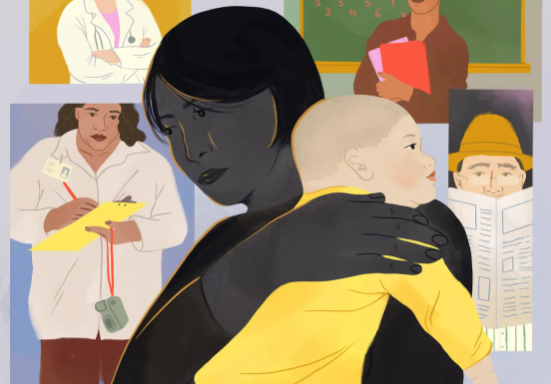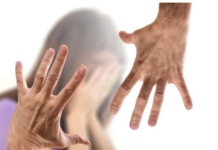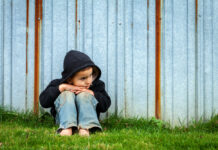In The New York Review, Kristen Martin has this piece on sociologist Kelley Fong’s new book addressing Child Protective Services; its overwhelming focus on underprivileged families; the lack of understanding among more privileged populations; and the need to acknowledge and address the social underpinnings of adversity:
“Jessamine Chan’s debut novel, The School for Good Mothers, had the kind of release writers dream about. . . . It helped that Chan was telling the kind of ‘bad’ mother story that even wealthy white women like Hager could see themselves in. . . .
The novel succeeds as a chilling thought experiment, imagining a world where technology has enabled the state to remold women to fit an upper-crust standard of motherhood. As [Arianna] Rebolini writes, The School for Good Mothers ‘forces the reader to contend with an uncomfortable question: If the state were to quantify what it means to be a good mother, would I pass the test?’
The thing is, the state already quantifies this, deciding who gets to parent their children. In focusing on the pressures privileged mothers inflict on one another instead of the societal forces that actually make families vulnerable to CPS intervention, Chan turns a real state system into a metaphor that encourages us to misconstrue whose parental rights are precarious. The novel may cause more affluent readers to reflect on how they might be judged for their parenting choices, but it doesn’t help us understand or feel compassion toward marginalized women for whom motherhood is already dystopian.
Kelley Fong’s new book, Investigating Families: Motherhood in the Shadow of Child Protective Services, crucially illuminates the perspectives of women tangled in the system’s web. Fong is a sociologist, and Investigating Families is based on rare firsthand access to CPS investigations and in-depth interviews with dozens of impacted mothers—the kind of mothers upper-middle-class readers don’t typically find relatable. Americans who live in well-off, majority-white neighborhoods might think about CPS only when fictions like The School for Good Mothers lead them to imagine themselves caught up in the system, or when they come across news stories about horrific child abuse cases. Fong writes:
‘We see these headlines, we hear about children who die from abuse or neglect—nearly two thousand each year, according to federal data—and it’s human nature to want to do everything we can to rescue children from that fate.’”
***
More from Around the Web
More from Mad in the Family















